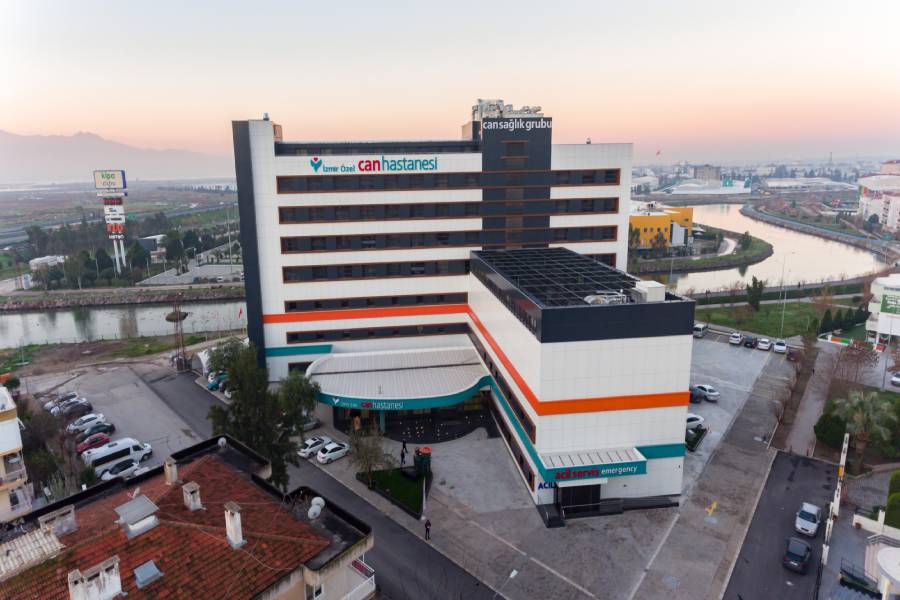Why does my dental implant hurt when i chew?
Categorised in: HEALTH GUIDE, Genel
Published Date:
Dental implants are a popular choice for replacing missing teeth, offering a stable and lasting solution. However, some patients may feel pain or discomfort while chewing, especially in the initial healing phase. Understanding these can help you manage your recovery and ensure your satisfaction with your new smile.
Common Causes of Dental Implant Pain While Chewing
Pain while chewing with a dental implant can be distressing. Several factors may cause this discomfort. Understanding these can help identify the problem and find the right treatment. One common reason is improper implant placement. If the implant is not correctly positioned, it can lead to uneven pressure and pain.
Another cause is the failure of osseointegration, the implant’s integration with the jawbone. If this process fails, the implant may become loose, causing pain. Infection around the implant is also a concern, leading to inflammation, swelling, and pain. Keeping good oral hygiene and regular dental visits are key to preventing and catching infections early.
A loose or poorly fitted implant can also cause pain. If the implant is not securely attached or if the crown or abutment is not adjusted right, it can irritate and cause discomfort. Nerve damage during surgery can also lead to ongoing pain or sensitivity. This type of pain may need special treatment to fix the nerve damage.
If you’re experiencing pain with your dental implant, seeing your dentist or oral surgeon is crucial. They can find the cause and create a treatment plan. Addressing these issues quickly is vital for the long-term success and comfort of your implant.
Addressing Dental Implant Pain: When to Seek Professional Help
If you’re experiencing persistent pain or discomfort with your dental implant, seeking professional help is crucial. Ignoring the issue or trying to manage it yourself can lead to more severe complications. Your dentist or oral surgeon, who performed the implant, is the best person to consult. They understand your case thoroughly and can offer targeted advice.
At your follow-up appointment, the dental professional will examine the implant site to find the cause of your pain. They might take X-rays or use other diagnostic tools to assess the situation accurately. Based on their findings, they will recommend the most appropriate action to alleviate your discomfort and ensure the implant’s long-term success.
In some cases, adjusting the implant or the restoration on top of it might solve the problem. This could involve fine-tuning the bite or ensuring the implant is properly aligned with the surrounding teeth. If an infection is suspected, your dentist may prescribe antibiotics to combat bacterial growth and reduce inflammation and swelling.
In more complex situations, additional procedures might be needed to address issues with the implant or surrounding bone and gum tissue. This could range from minor grafting to address bone loss to more extensive surgical interventions. Your dental professional will discuss all available options with you and help you make an informed decision based on your unique needs and preferences.
Remember, regular follow-up appointments are essential for maintaining your dental implant’s health and function. These visits allow your dentist to monitor the healing process, identify potential issues early, and take proactive measures to prevent complications. By working closely with your dental team and attending scheduled check-ups, you can ensure the long-term success of your implant and enjoy a pain-free, confident smile for years to come.
Preventing Dental Implant Pain: Tips for Long-term Success
To reduce the chance of pain with dental implants, proper oral hygiene is key. Use a soft-bristled toothbrush and non-abrasive toothpaste around the implant site. This gentle cleaning helps avoid gum irritation. Regular flossing is also vital to remove plaque and food particles around the implant.
During the healing phase after implant placement, a soft food diet is recommended. This diet minimises pressure on the implant, aiding in proper healing of the bone and tissue. As the implant integrates with the jawbone, gradually introducing firmer foods can prevent discomfort.
Regular dental check-ups are crucial for preventing dental implant pain. These visits allow for monitoring the implant’s stability and ensuring proper integration. Your dentist can also offer tailored advice on caring for your implants, based on your specific needs.
Lastly, quitting smoking is essential for the long-term success of dental implants. Smoking hampers healing, increases implant failure risk, and contributes to gum disease. Stopping smoking or tobacco use significantly boosts your chances of a healthy, pain-free dental implant for years.

Why British Citizens Choose Turkey for Health Services?
British citizens are increasingly opting for Turkey when seeking medical treatments due to a combination of superior healthcare services, affordability, […]

Psychological Effects of Genital Aesthetics on Body Image
In a society increasingly focused on physical perfection, the realm of genital aesthetics has surfaced as an area of both […]

Common Concerns About Genital Plastic Surgery
Genital plastic surgery, a burgeoning field within the realm of cosmetic enhancements, has witnessed a notable surge in popularity. Procedures […]

In which cases is labiaplasty necessary?
Labiaplasty, a procedure that has recently garnered significant attention, involves the surgical reduction of the labia minora. This operation, also […]

Healthy Recovery Process After Genital Aesthetic Surgery
Day Things To Do Things to Avoid 1-7 Days – Bed rest – Using medications recommended by the doctor – […]